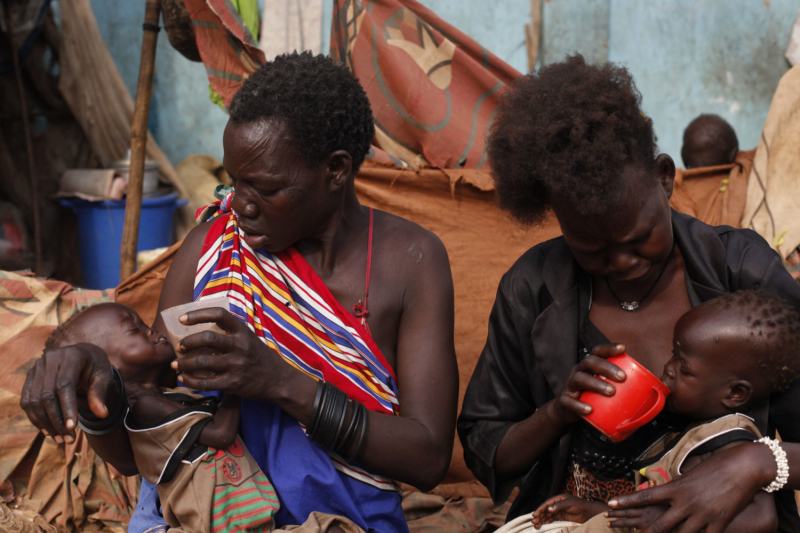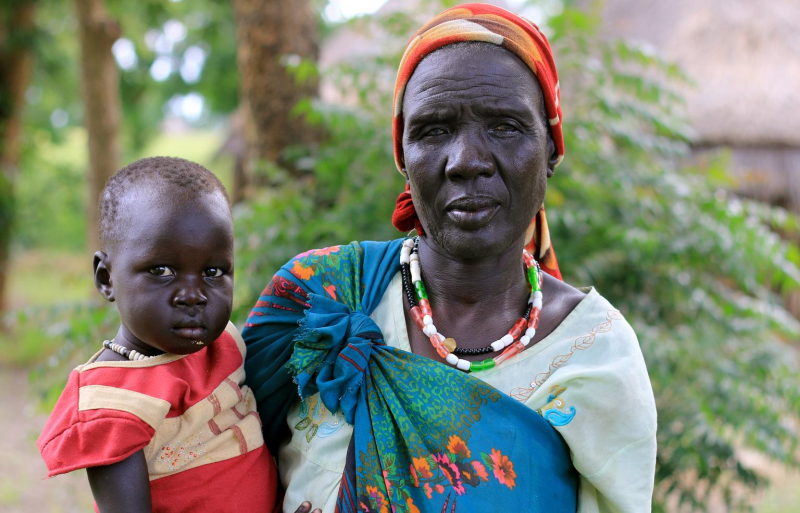Family Structure
The typical household is vast and intergenerational in nature. Typically, people aim to have as many kids as they can, often up to 20. Due to the cost of having many children, South Sudanese expatriates may choose to have smaller families; yet, nuclear family units typically stay bigger than what is typical throughout the English-speaking West. Unless unavoidable circumstances prevent it, the extended family usually resides with the nuclear family. All relatives typically reside close to one another, even in instances where they cannot live together.
In times of need, extended family members anticipate being able to rely on one another. For instance, younger generations tend to older family members as they get elderly. Many persons who were bereaved or orphaned throughout the decades-long battle are now being cared for and adopted by larger family networks. Given the size of certain families, they might use public areas like parks as gathering places.
Until they get married or even after, kids often reside with their parents. Depending on the tribe, marriage might take place whether a person is still a teenager or much later in life. In cities, it typically occurs later. However, by their mid-20s, the majority of people hope to be married and settled with their spouse.
Upon marriage, women typically relocate to the family house of their spouse. However, it is typical for males to relocate their bride into their parents' home along with them. The oldest couple, their sons, their sons' wives, and any unmarried daughters, followed by their grandchildren, make up the typical South Sudanese household.
As contrast to having just one set of parents, childcare is frequently shared by the entire adult population of a household or, perhaps, the entire community. In general, a child can be disciplined by any adult involved. Corporal punishment is frequently used. Even though many individuals are involved in raising Sudanese children, a child's bad behavior is typically seen as a reflection of their parents alone.
When they make a mistake, the family and its ancestors are embarrassed. In some tribes, fathers sleep in a separate chamber while mothers sleep in the same bed with their children until the latter is around 7 years old.












